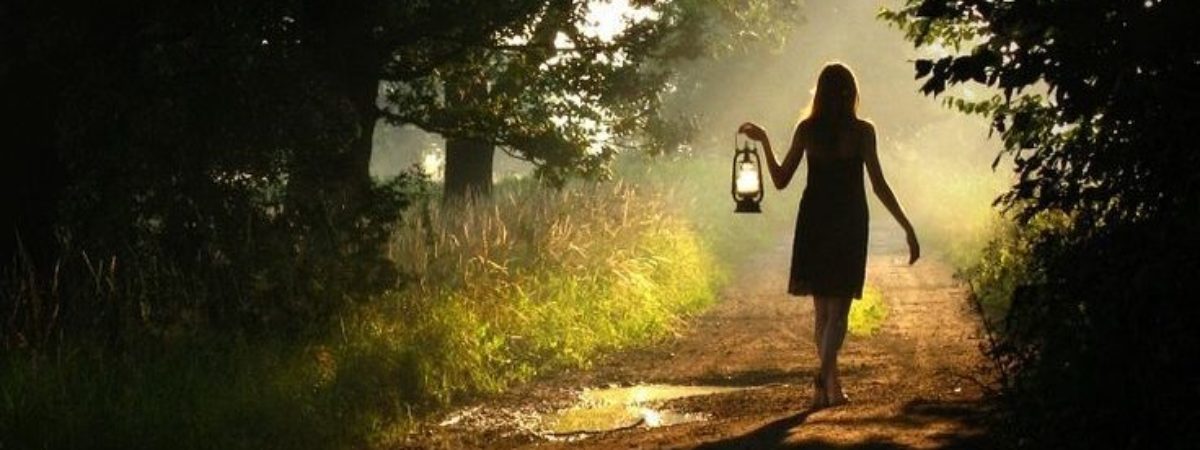I went to the Garden of Reflection in Yardley today. The park commemorates 911 and the lives lost — in the Twin Towers, the Pentagon, Shanksville, Pa.
The energy of the space belies the horror and evil we all felt and experienced. The memorial exudes peace. Two fountains spurt upward, an ethereal remembrance of the towers, and a circular wall lists the names of those who died.
 Surrounded by vast green farmlands and thick, sweet woods, the garden is surrounded by an other-worldly silence. Today, many came to walk there, as I did. And remember.
Surrounded by vast green farmlands and thick, sweet woods, the garden is surrounded by an other-worldly silence. Today, many came to walk there, as I did. And remember.
The weather was much the same was it was that day in 2001. Deep blue skies without a cloud, bright sun, a temperate breeze.
I read the names. These people came to work that day, perhaps were thinking about meetings, phone calls, what they would be doing later that evening — dinner with family or friends.
And then.
I kept walking the circle. Some family members had placed vases with roses, or a single rose, beneath their loved one’s name. Many who died were from this area, including one of the pilots.
As I took in the energy of these names, I was reminded: Each was loved. Each had a mother, father, sister, brother, aunt or uncle, daughter or son, a friend — someone who cherished them.
I sat on a bench beneath a shady tree. I thought of all that has happened in our world since then. All that is still happening. Those suffering from hurricanes Harvey and Irma, an earthquake in Mexico, wildfires and excessive heat and droughts, the threat of nuclear war.
I thought of my own personal situation, how each day dad declines and his care becomes more difficult, and how so many in our world are struggling and suffering in even more horrendous circumstances.
In his book When Bad Things Happen to Good People, Harold Kushner writes:
“Pain is the price we pay for being alive. Dead cells—our hair, our fingernails—can’t feel pain; they cannot feel anything. When we understand that, our question will change from, “Why do we have to feel pain?” to “What do we do with our pain so that it becomes meaningful and not just pointless empty suffering?”
 I’m still struggling with that question.
I’m still struggling with that question.
I have met those in my life who have transformed their suffering — those who have lost spouses or children who end up helping those in similar situations, or those who have been addicted who get into recovery and then become drug and alcohol counselors. And some, who because of the pain they’ve suffered, open up to others with more compassion and love.
And I’ve met yet others who have sunk into their grief or sorrow with bitterness and despair.
Many times we want it all to go away. Or we pray to God for miracles. Kushner says:
“We can’t pray that God make our lives free of problems; this won’t happen, and it is probably just as well. We can’t ask Him to make us and those we love immune to diseases, because He can’t do that. We can’t ask Him to weave a magic spell around us so that bad things will only happen to other people, and never to us.
People who pray for miracles usually don’t get miracles, any more than children who pray for bicycles, good grades, or good boyfriends get them as a result of praying. But people who pray for courage, for strength to bear the unbearable, for the grace to remember what they have left instead of they have lost, very often find their prayer answered.”
I left the park, praying for all of us — for courage and strength to bear the unbearable, to remember with gratitude what we have left, instead of what we have lost.
As I offered the words up to the heavens, I watched a child escape from his mother and run with abandon through the grass, laughing.
A small joy amidst the sorrow. I smiled.
2 thoughts on “The grace to remember”
Comments are closed.

Well said, Marielena – as always.
Thanks, Sandy!